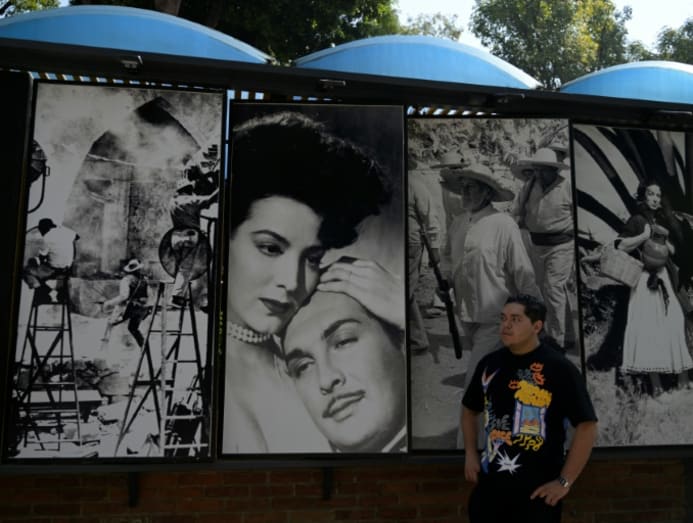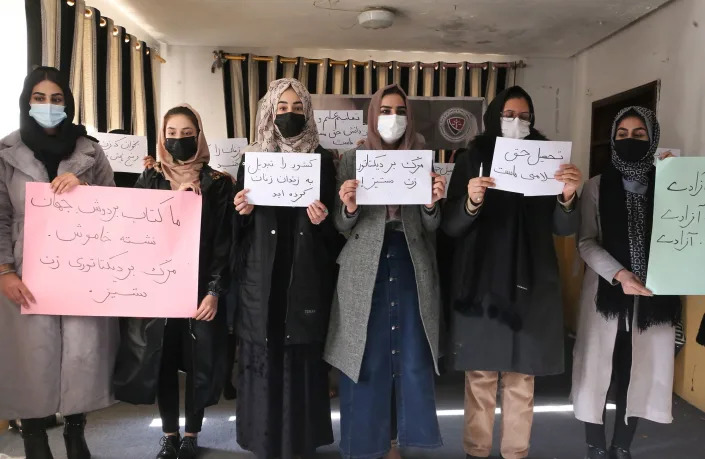Luisa von Richthofen
Commentary
December 20, 2022
Irmgard F. has been sentenced for her job as a secretary in the Stutthof concentration camp. Luisa von Richthofen, who followed the trial for DW, sees justice despite the lenient sentence.

It was not quite business as usual in the otherwise quite average northern German town of Itzehoe. On Tuesday at shortly after 10 a.m., the verdict was passed in one of the last Nazi trials. Irmgard F., aged 97, was given a two-year suspended sentence. She was charged with accessory to murder in thousands of cases.
When she was young and underage, Ms. F. was a typist at the Stutthof concentration camp near the city of Gdansk, which was then part of Nazi Germany. As a secretary to the camp commander, she aided and abetted Nazi Germany's killing machinery. Now, she has to answer for that. For me, it's a historic verdict.
One of the last trials of its kind
First of all, it is because with Ms. F., one of the last links of a long chain of perpetrators and accomplices of the mass murder of European Jews was on trial. It is also the first such trial of a civilian employee of a concentration camp — that is, a non-SS member. The German judiciary is finally showing clearly that anyone and everyone who participated in the running of the concentration camp system during the Nazi era must answer for it one day.
 '
'Secondly, more has become known about Stutthof as a result of the verdict. Such proceedings always entail extensive investigations. In the 14 months since the trial began, the files have grown significantly.
Fourteen witnesses testified, eight of them were Stutthof survivors. Some told their stories to the public for the first time. None of this is legal paper-pushing. They are important historical testimonies and findings.
What it means for the survivors
Thirdly, this trial might have a healing effect in particular for the victims and their families. Here, before a German court, their suffering and their terrible experiences in the camp are recognized, something some of them have had to wait for all their lives. They told me about the distress and the self-doubt that haunted them for years, until they were no longer sure whether the horrors of the camps were not a bad dream. That has now come to an end. Fortunately.
Finally, there is perhaps hope that this message is a global wake-up call and a warning. And that the perpetrators of Bucha (Ukraine), Mai Kadra (Ethiopia) and Aleppo (Syria) can no longer move around the world with such impunity.
Many questions remain unanswered
Talking to people, I repeatedly sensed doubts that I, too, have had up to a certain point. Questions arise: Why only now, after 78 years? Why did this late inquiry into Irmgard F. take four years? What makes a fringe figure like her, an old woman, a symbol of the murderous system? Why drag an old woman into the glare of the international public while an actual perpetrator, like her boss, camp commander Paul Werner Hoppe, got out of prison after three years? Like many other Nazi criminals, he then lived an untroubled life in postwar Germany.
These questions can and must be asked. All in all, I feel justice has been served with this albeit fairly lenient verdict. And that in itself, despite all doubts, is a ray of hope in these dark days.


























.png)






